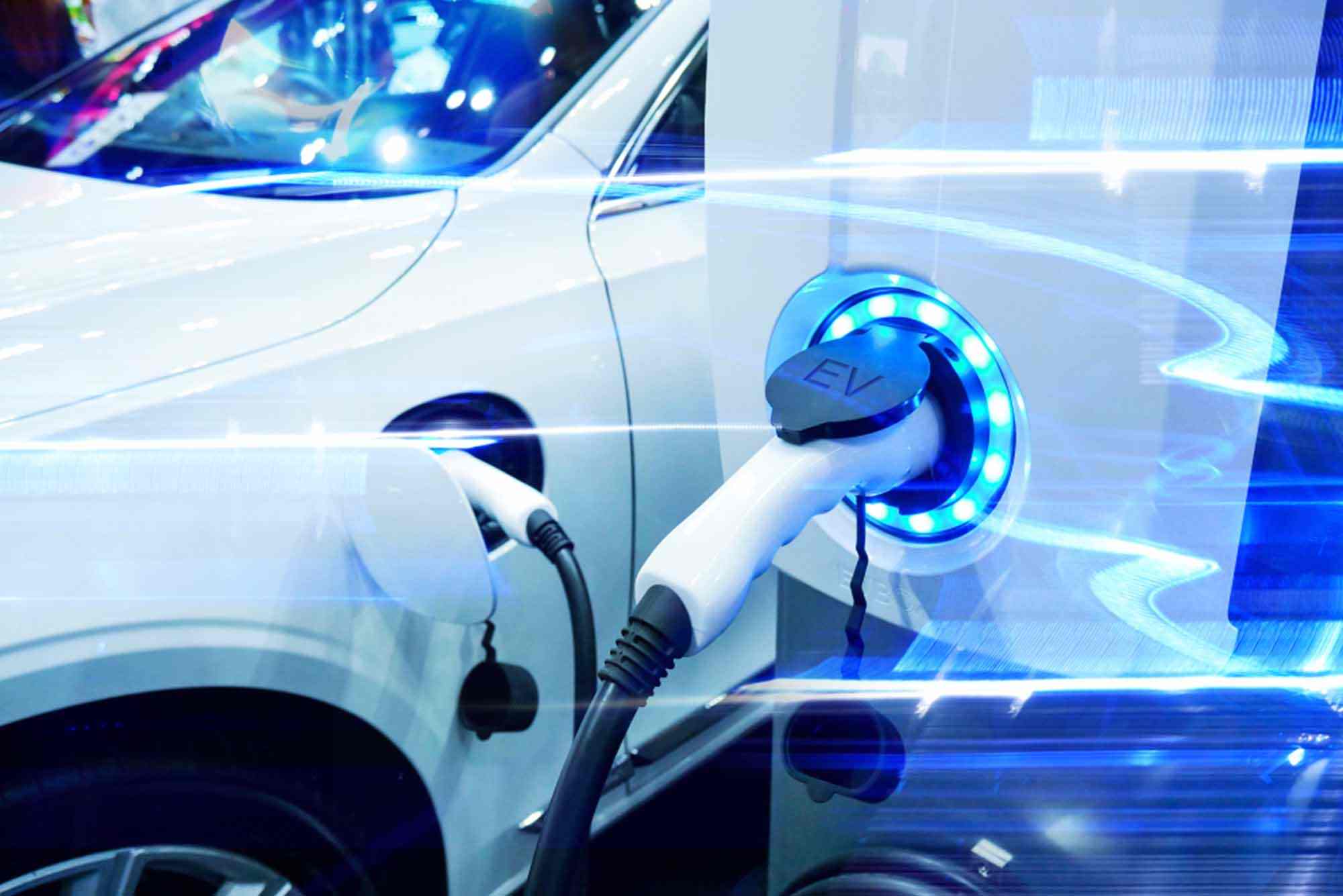IIT Bombay partners with CESL to build on India’s electric vehicle charging ecosystem


Indian Institute of Technology (IIT) Bombay has joined hands with Convergence Energy Services Limited (CESL) in a bid to implement electric vehicle charging facilities across the country.
CESL is a subsidiary of state-owned Energy Efficiency Services Ltd.
A letter of association was signed between CESL managing director and CEO Mahua Acharya and A M Pradeep, associate dean of research and development at IIT Bombay on November 26.
This pact will help both parties collaborate on technological advancements to set up electric vehicle (EV) charging infrastructure that includes developing flagship products, standardizing technical specifications and customising solutions for the Indian EV charging ecosystem.
“Developing a viable landscape with strong EV infrastructure is the key to cultivate consumer confidence in electric vehicles, and CESL is proud to be progressively spearheading initiatives to promote e-mobility in India. Our partnership with IIT-B will significantly enhance the technological advancement for the EV charging infrastructure,” said Acharya.
Swaroop Ganguly, an associate professor from the department of Electrical Engineering at IIT Bombay, said, “The partnership will foster and stimulate in line with India’s global and domestic commitments to reduce carbon emissions, particularly from the transport sector.”
India is working on reducing vehicular pollution in its metros, with the government encouraging startups to innovate on technology to make electric vehicles affordable for the masses.
Several states have also formed their various EV policies and are encouraging people to adopt EVs with various subsidy schemes in a bid to reduce the carbon footprint.
CESL works to build energy solutions primarily for renewable energy, electric mobility and climate change. It facilitates solar development in under-served rural communities in India -- utilising battery energy storage to deliver renewable energy solutions -- delivering electricity to street lighting, agricultural pumps, cooking appliances and domestic lighting in villages.
CESL is also working towards enabling battery operated electric mobility and its infrastructure. It is also working to design business models for promoting electric vehicles in India.